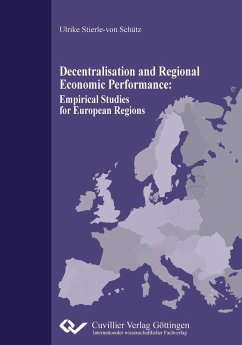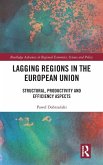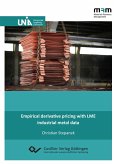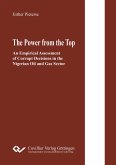Regions and nation states in the European Union are dealing with unionwide and global integration processes. For this analysis, two developments arising during this integration process and which are discussed separately will be explored together. Firstly, regions in the EU as an integrating economic area are confronted with structural changes having an impact on the risk exposure and the economic performance. These structural changes are facilitated by increased mobility of products and services within the European Single Market. Secondly, regions are part of nation states and thus embedded in vertical and horizontal government organisation as part of the public institutions of a country which again infl uence the regional economic performance. The main research questions which will be addressed are the following: - Is regional specialisation and sectoral concentration increasing as possibly predicted by the new economic theories and e.g. stated by Krugman (1993)? What are the recent trends in the incumbent EU member states (EU15) and the new member states in Central and Eastern Europe (CEE) in the course of economic and political integration? - Considering decentralisation, which recent trends in decentralisation on different dimensions can be observed in recent years? - How do regions specialise if they have autonomy on taxes and other revenue components? - Is horizontal competition between local layers of government benefi cial for the regional growth performance?
Hinweis: Dieser Artikel kann nur an eine deutsche Lieferadresse ausgeliefert werden.
Hinweis: Dieser Artikel kann nur an eine deutsche Lieferadresse ausgeliefert werden.








